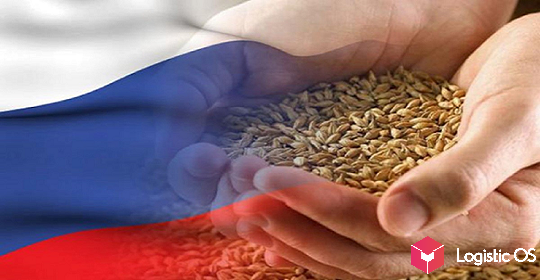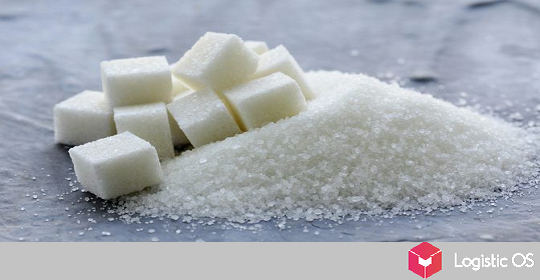The state plans to increase the tax rate for companies engaged in the extraction of mineral resources (MET).
This list may include fertilizer manufacturers.
The Ministry of Finance has submitted to the State Duma a package of bills that include amendments to the budget for 2024-2026. It is planned that this package of bills will be considered on May 30.
The next stage should be a discussion among parliamentarians, businessmen, experts and the public.
An important component of the package is the change in the tax burden for a number of sectors.
We are talking about those sectors where, from the point of view of the Ministry of Finance, today there is increased profitability. And one of these areas is the production of mineral fertilizers.
“Taking into account the abolition of exchange rate export duties from January 1 next year and the high level of profitability in these industries, the government considers it justified to adjust the formula for calculating rental taxes for them, increasing the level of rental burden to the minimum comparable with other rental industries,” the Ministry of Finance notes.
At the same time, we are talking about a fairly significant increase from January 1, 2025.
In particular, for producers of potash fertilizers, the mineral extraction tax will be raised by 2.3 times, for phosphorus fertilizers — twice, for producers of nitrogen fertilizers it is planned to introduce an excise tax of 1,200 rubles for every thousand cubic meters of gas that they buy as raw materials.
According to the Ministry of Finance, all these measures are fair because they are aimed at the optimal distribution of income between business and the state.
At the same time, from the department’s point of view, such an increase in the mineral extraction tax should not negatively affect either the profitability of manufacturing companies or their investment attractiveness.
It is noteworthy that an increase in the mineral extraction tax for fertilizer producers has already been made in the recent past.
From 2021, the rate of this tax has been increased by 3.5 times. Then the Ministry of Finance gave its assessment that this measure should give the state about 56 billion rubles a year.
Obviously, the new tax increase will be able to further increase budget revenues, but there is no certainty that it will not actually lead to a decrease in profitability.
The Russian Association of Fertilizer Manufacturers has not yet commented on the new initiative, but it is obvious that it will become a serious challenge for the industry.
True, the Ministry of Finance insists that even after adjusting taxes, the operating profitability of fertilizer producers will remain at a level of at least 25%, which is quite a sufficient value.

